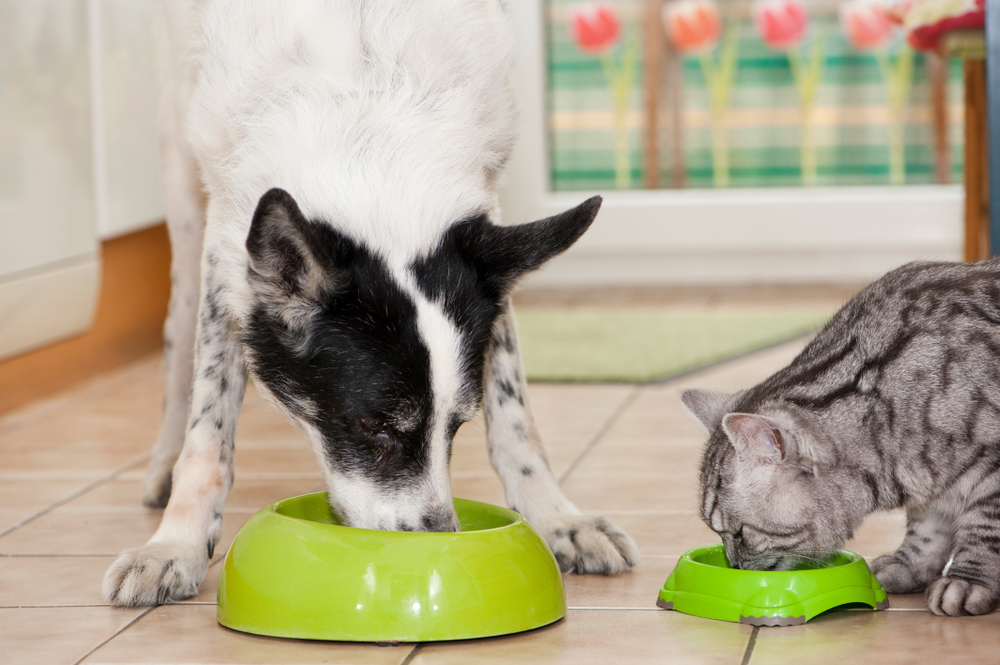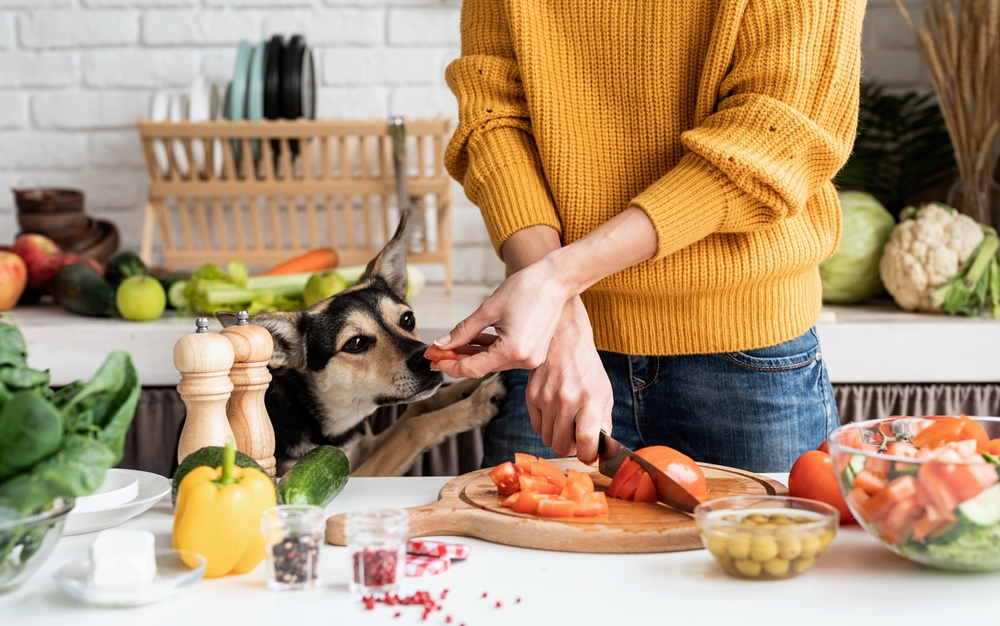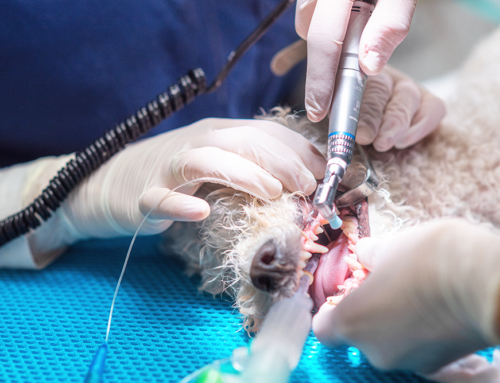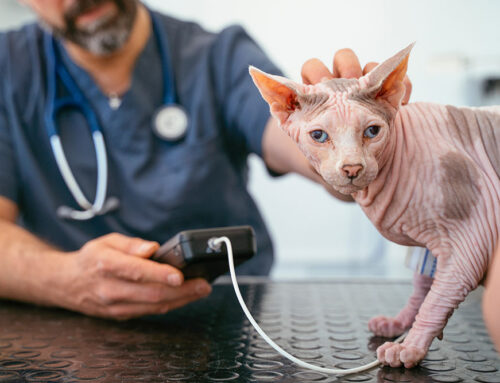You want the best for your furry companion, including their health and nutrition. Many people believe that cooking homemade food for their pet is the best way to achieve this. After all, you know the benefits of a fresh, whole-food diet for yourself, so why should your pet’s diet be any different? Many pet owners equate food with love, so cooking for your pet can be a great way to show you care for them. However, is homemade pet food really better than commercial pet food?
The answer may surprise you. In this guide, our Willow Wood Animal Hospital team discusses whether homemade food is better and provides some helpful homemade pet food ideas.
Homemade pet food benefits
You may be wary of commercial diets if your pet’s food has been recalled or you have read about pet foods that can cause heart disease. Homemade pet food benefits include:
- Knowing the ingredient sources
- Selecting organic or specialty ingredients
- Customizing ingredients based on your pet’s preferences
- Confidence in the ingredients’ freshness
- Cost savings over commercial pet diets
- Homemade food may tempt reluctant eaters
Homemade pet food risks
Many pet owners who want to feed a homemade diet are inclined to simply offer their pets the same foods they eat. The problem is that dogs, cats, and people have different nutritional needs. Cats, for example, are obligate carnivores, which means they must consume meat, and veterinary nutritionists have deemed that cats have little to no need for carbohydrates. Cats must also consume adequate amounts of the amino acid taurine to thrive. Dogs can consume a high-meat diet but can also eat nonmeat ingredients.
The optimal diet for dogs and cats includes essential nutrients such as protein, fats, and carbohydrates, and adequate amounts of trace nutrients such as zinc, iron, and calcium. A pet’s health can suffer if their diet doesn’t have the proper nutritional balance. For the average home cook, ensuring balanced nutrition in every pet meal is challenging because the ratios for essential nutrients are specific based on your pet’s species, breed, lifestyle, age, and health status. When certain ingredients are not included and the food doesn’t provide all the nutrients for a balanced meal, your pet’s health suffers, and they can even develop life-threatening problems. Other homemade pet food risks include:
- Contamination — Contamination can cause foodborne illness, especially if feeding a raw diet. Undercooked or raw meat can cause salmonella or E. Coli poisoning, which is especially risky for immune-compromised pets.
- Toxic ingredients — Some pet owners unknowingly add toxic ingredients, such as onions, garlic, grapes, raisins, or peanut butter sweetened with xylitol, to their pet’s homemade foods.
Trusted sources for making homemade food for your pet
When preparing your pet’s homemade diet, follow guidelines from a trusted information source. First, ask our Willow Wood Animal Hospital veterinarian about switching your pet to a homemade diet and which information sources you can trust. Many online recipes do not offer complete or balanced nutrition. Look for tips, recipes, and resources from a board-certified veterinary nutritionist, such as the University of California, Davis alum Dr. Sean Delaney at Balance.It, or Tufts University Veterinary Medical Center Petfoodology. Our team can also refer you to a local veterinary nutritionist who can develop a nutrition plan and balanced recipes tailored to your pet’s needs.
High-quality alternatives to homemade pet food

Pet owners who want to feed their pets a high-quality diet but don’t want to make the food themselves still have options. To feed your pet a high-quality, nutritious diet, consider the following:
- Healthy ingredients — Choose a premium commercial pet food brand that offers whole, organic, or high-quality ingredients.
- Fresh food delivery — Look for a fresh and frozen pet food delivery service.
- Customized recipe — Balance.It can customize a recipe for your pet and include a high-quality supplement to add to their diet to ensure each of your pet’s meals is balanced and includes essential nutrients.
No matter the foods you choose to feed your pet, always discuss any dietary changes with our veterinarian. Diet changes can cause your pet gastrointestinal (GI) upset, no matter how fresh the ingredients. If you have questions about your pet’s dietary needs or would like to make your pet’s food at home, call our Willow Wood Animal Hospital for expert advice and assistance.






Leave A Comment